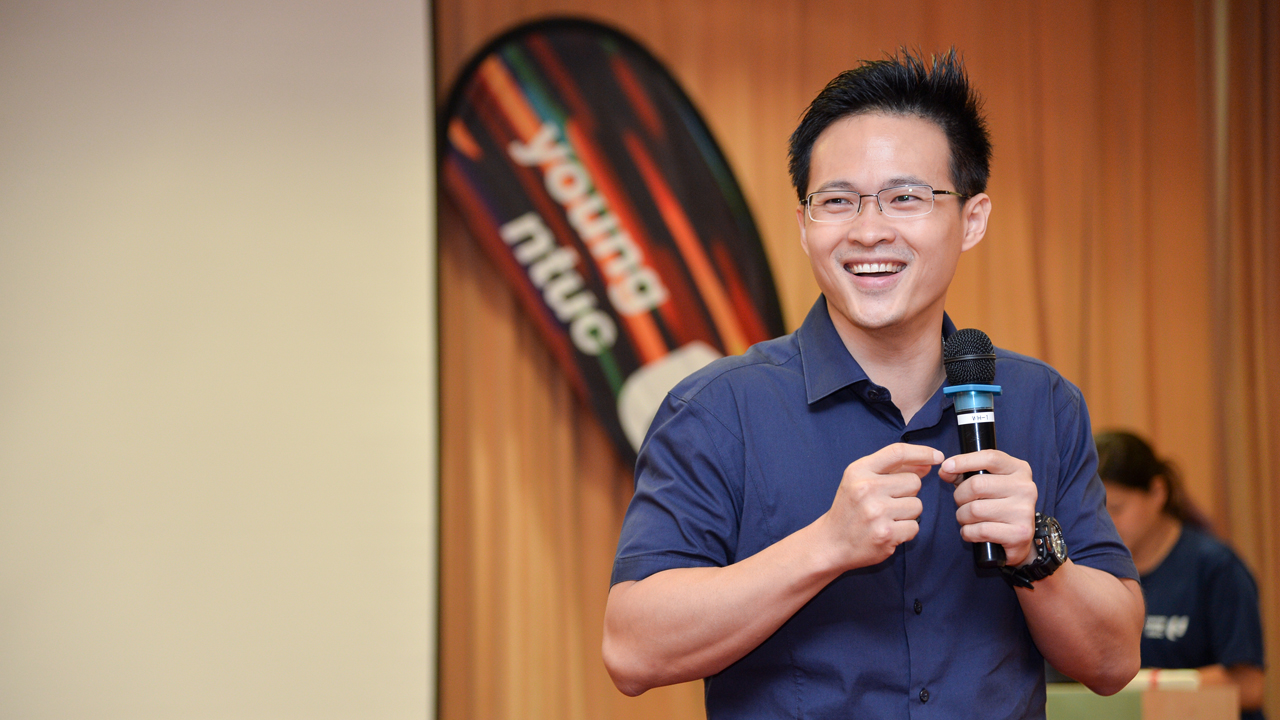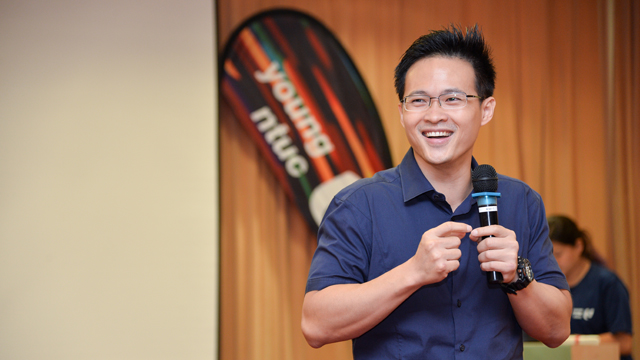“The sky has turned brighter. There is a glorious rainbow that beckons those with the spirit of adventure. And there are rich findings at the end of that rainbow.” ¹
Delivered 20 years ago, it still has much resonance today. Mr Lee recalled how his team pursued their dreams in spite of very long odds. They had not many options, other than to survive and seek to thrive.
Today, things are quite different. We have many work options. It is no longer about that one rainbow, but which one and how to get there.
Further, the many rainbows present quite an issue for our youths.
A typical conversation with a Generation Z goes like this:
DC: What do you want to do after you’re done with Poly?
Gen Z: Dunno man… study? Maybe uni if my grades are ok.
DC: That’s good. Which career?
Gen Z: Ughhh… dunno man. Study already, then decide. Maybe work first? But also dunno what job.
The next conversation with employer:
DC: Hey Boss, heard manpower is tight.
Towkay: Yah. No quota.
DC: But we have many ITE, Poly and Uni grads?
Towkay: Yah but relevant skills? At best, they are 50% ready. I’d rather wait for skilled ones.
I get the above no less than once a week.

There are two issues here. First, the Paradox of Choice. Second, a mismatch between employees’ choices and skills required by employers.
Paradox of Choice
The fear amongst many youths is whichever they choose, the other option might end up better. So, they might waver and “bounce” around the many options, often not spending too long on any one (“course shopping” or “job hopping”, which doesn’t help them in acquiring deeper skills). Although a possible solution is to reduce the number of options, it is of course not practicable, especially for today’s young Singaporeans.
To help those at the crossroads seeking to define their career identity and career path, guided navigation is perhaps the best way forward. The Ministry of Education’s (MOE) strong career counselling initiatives is a good step in the right direction. But let’s scale it up. MOE should consider how professional industry bodies and the Labour Movement can be involved in its broad economic representation to guide our youths in choosing the right paths. Nothing beats having insiders to give you an idea about the route you are about to take. It can take the form of the Government sponsoring professional bodies and the Labour Movement conducting industry networking and workplace visits, followed by classroom sharing on certain jobs. The millennials can then discover their career identity by matching their motivation, passion, skills and competencies to possible career options.
Mismatch between Choices and Skills
This is probably an outcome of Asian societies’ deep focus on academic pursuits and how individual progression is often marked by getting a diploma or degree. Don’t get me wrong, I do believe there is certain intrinsic value in pursuing higher education. The rigorous mental training is critical for much of our broad economic work and building a society’s sensibilities.
Yet, skills mismatch is a serious problem. Jobs are being transformed so quickly that employers are finding it difficult to find workers with the right skills, while students find their school knowledge quickly redundant the moment they step into the working world. We need to broaden adoption of the apprenticeship system so that for certain industries, our youths are much better prepared for work. In the German-style of apprenticeship, students not only learn real-time industry-relevant skills, but also work habits from mentors. They also pride equipping apprentices with problem-solving skills on the shop floor and not only in the classrooms. In a future where robots and technology play a huge role in the workplace, shop floor innovation is king.
However, such schemes might be costly. The Government should incentivise companies to start apprenticeship schemes as opposed to just internship programmes commonly implemented today. Employees and unionists can be trained to become certified mentors and appraisers. And because students and workers know that what they learn is practical, they will more likely stay on the job. They can and should be able to earn their qualifications through such means.
Sense of Adventure
Beyond good school-to-work preparation and apprenticeship systems, we need our millennials and Generation Z to have that sense of adventure and gumption to take on the world. Chasing that rainbow might now mean having to experience work overseas and bringing the best practices back to Singapore. Companies started by our young Singaporeans such as Playmoolah!’s Audrey Tan is an example that Singaporeans make good trail-blazers. But we need more.
There are rich findings for those who decide which rainbow to pursue; and work at it with gumption to make it truly theirs.
Desmond Choo
This is a post by NTUC Director of Youth Development Unit Desmond Choo. Any extracts should be attributed back to the author. 22 March 2016.
¹ Mr Lee Kuan Yew (7 Jun 1996). Picking up the gauntlet: Will Singapore survive Lee Kuan Yew?

